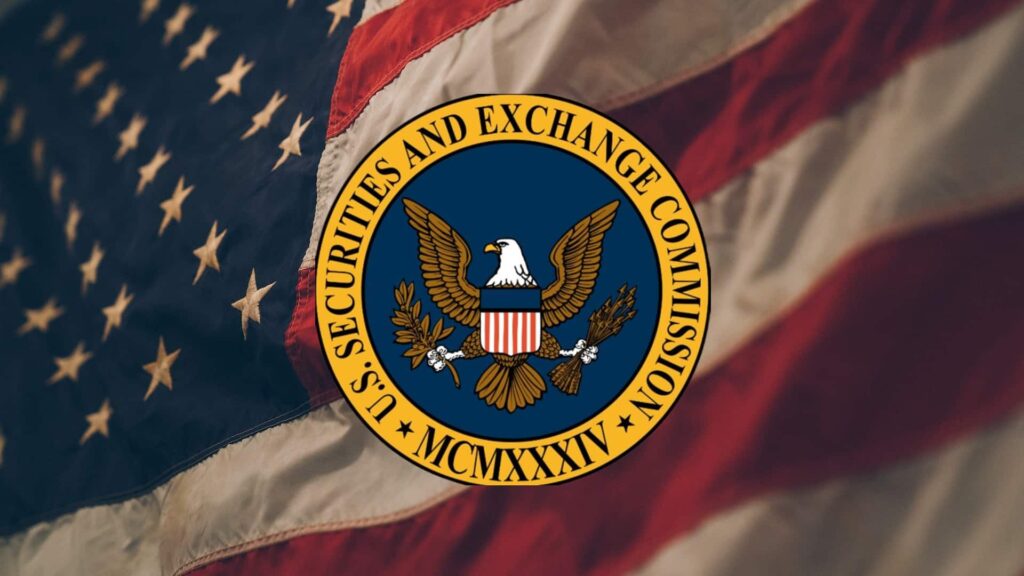Coinbase, received a Wells Notice today from the Securities and Exchange Commission (SEC) over some of its digital asset products and services such as spot market staking service, Earn, Prime and Coinbase Wallet. As the news broke out, Coinbase shares took a dive falling more than 10% over the day.
Amidst the ongoing crypto crackdown, the SEC is further tightening its grip over the digital sector industry. The American regulatory agency has put forward new rules that will make it more difficult for cryptocurrency firms to serve as digital asset custodians in the future and require companies to gain or maintain registration in order to hold customer assets. This comes amid a broader banking crisis that has been looming in the United States following the collapse of Silicon Valley Bank (SVB) and Signature Bank.
SEC Threatens to Sue Coinbase

In the latest development, the SEC issued a Wells Notice to Coinbase and threatened to sue the cryptocurrency exchange over some of its products, turning up the heat on the largely unregulated sector.
Wells notice shows that SEC staff intend to recommend enforcement action against the company, but it does not always result in charges or signal that the recipient has violated any law.
On March 23, Brian Armstrong, CEO at Coinbase took to Twitter to confirm the news citing that the SEC has not been fair and reasonable related to its engagement on digital assets. He further explained the SEC reviewed Coinbase two years ago in detail approving the company to go public despite the fact that its S-1 filing included 57 references to staking, Armstrong added,
“Going forward the legal process will provide an open and public forum before an unbiased body where we will be able to make clear for all to see that the SEC simply has not been fair, reasonable, or even demonstrated a seriousness of purpose when it comes to its engagement on digital assets.”
1/ Today Coinbase received a Wells notice from the SEC focused on staking and asset listings. A Wells notice typically precedes an enforcement action.
— Brian Armstrong (@brian_armstrong) March 22, 2023
War Intensifies Between SEC and Crypto
This comes hot on the heels after the SEC charged Tron founder Justin Sun with fraud and accused eight celebrities including actress Lindsay Lohan and rapper Soulja Boy with illegally promoting his crypto assets.
The agency noted Sun’s activity generated tens of millions of dollars of illegal profit at other investors’ expense. SEC Chair Gary Gensler who has claimed repeatedly that his agency is trying to protect investors through better regulation of new digital assets, said,
“This case demonstrates again the high risk investors face when crypto asset securities are offered and sold without proper disclosure.”
We @SECGov just proposed to expand & enhance the role of qualified custodians when registered investment advisers custody assets on behalf of investors.
Thru our rule, investors would get the time-tested protections—and qualified custodians—they deserve.
What does this mean? ⬇️ pic.twitter.com/RerUGnpArI
— Gary Gensler (@GaryGensler) February 15, 2023
Recently, the SEC decided to shut down crypto exchange Kraken’s staking program forcing the global exchange to pay a fine of $30 million in penalties. The SEC was also reportedly planning to sue stablecoin issuer, Paxos Trust Company over violating investor protection laws in its issue of the Binance USD (BUSD) stablecoin.
Is Crypto Regulation Going Overboard?
It seems the authorities have started this brazen attack on crypto as frustration grows over the disruption of monopolistic traditional financial system in the wake of the banking predicament. The increasingly aggressive stance, which has taken shape after the implosion of FTX could push the fledgling industry to a point of despair.
If things continue in the same pace, new ventures in the crypto industry may be smothered before they get off the ground along with numerous digital-asset companies likely to scrap existing policies and upend business models. Fear over the escalating clampdown has contributed to phases of mass selloffs trigerring the values of Bitcoin (BTC), Ethereum (ETH) and other major digital coins to plunge.










